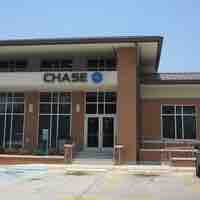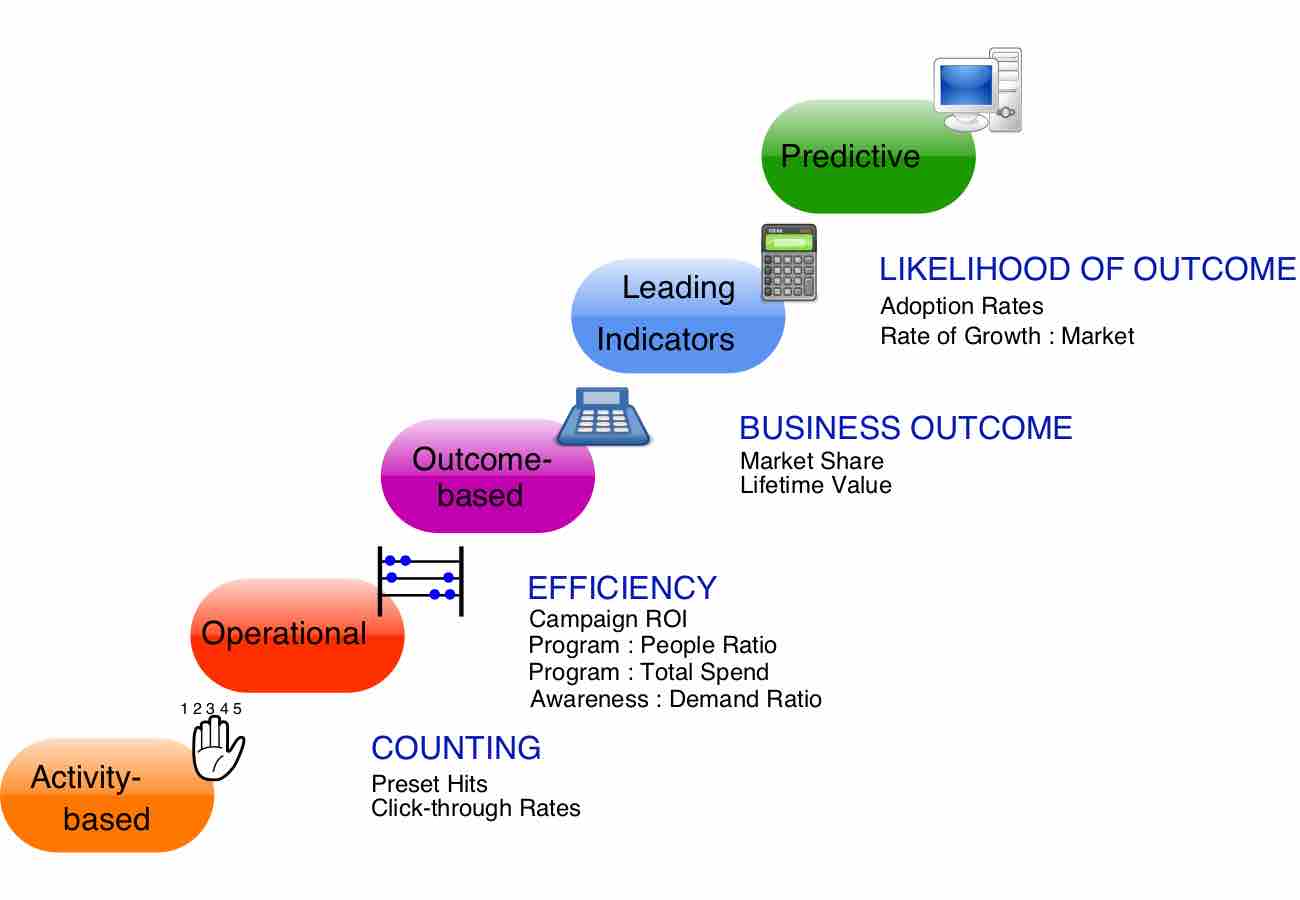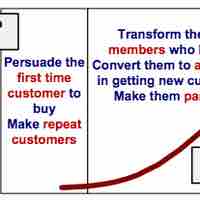Chapter 6
Services Marketing
By Boundless

The world economy is evolving into a service-driven economy as reliance on value-based service increases.
Firms need to understand their service and their customers to ensure that their services will be viewed as solutions to consumer needs.

Services represent an integral part of many products and the correlation of goods and services is represented on a goods-services continuum.

Service marketing management oversees the implementation of marketing programs, while metrics measure their effectiveness and performance.

The new service development process involves recognizing chances and opportunities in a fast changing technological environment.

A defining characteristic of a service is that it is intangible – it is not something physical that you can see, touch, or taste.

Inseparability is a service characteristic that makes it impossible to disconnect the production of the service from its consumption.

Perishability of services implies that service capacity cannot be stored, saved, returned, or resold once rendered to a customer.

Heterogeneity, also known as variability, describes the uniqueness of service offerings.

Client-service providers aim to build a level of trust with clients that leads to long lasting buyer-seller relationships.

Due to the nature of services, the implications of product, place, promotion and price are different than in the traditional marketing mix.

A formal approach to customer-focused marketing is known as S.I.V.A. (Solution, Information, Value, Access).
Successful businesses work proactively to obtain information from their customers to ensure they are meeting their needs.

Customers compare the service they 'experience' with what they 'expect' and when it does not match the expectation, a gap arises.

The best method of resolving problems - often before they arise - is through the delivery of excellent customer service.

The core task of a business is to ensure that customers come back, which can be done by delivering excellent service quality.